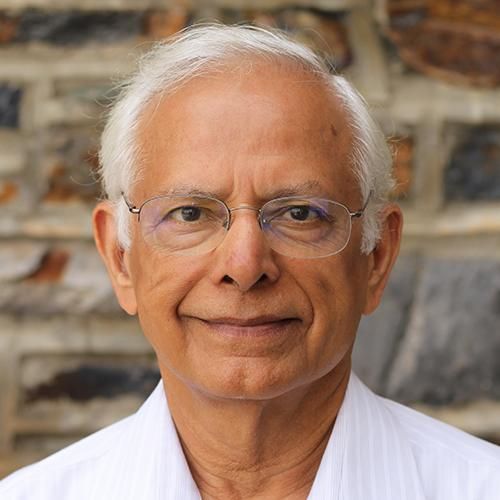Optimal estimation of training interval for channel equalizations
In this paper, an optimal training equalization for wireless communication is proposed and analyzed. By our scheme, the training of the equalizer is carried out periodically, with the training interval optimized for a maximal channel utilization. A closed-form expression for the optimal training interval is derived via a semi-Markov process (SMP) which requires the knowledge of the channel equalization failure time distribution. A statistical estimation algorithm is presented and applied to adaptively estimate and track the optimal interval when the failure time distribution is not available. Numerical results show that by choosing the optimal training interval, the channel utilization can be improved, and the statistical estimation algorithm can effectively approach the optimal solution with a reasonable number of failure time data points.

